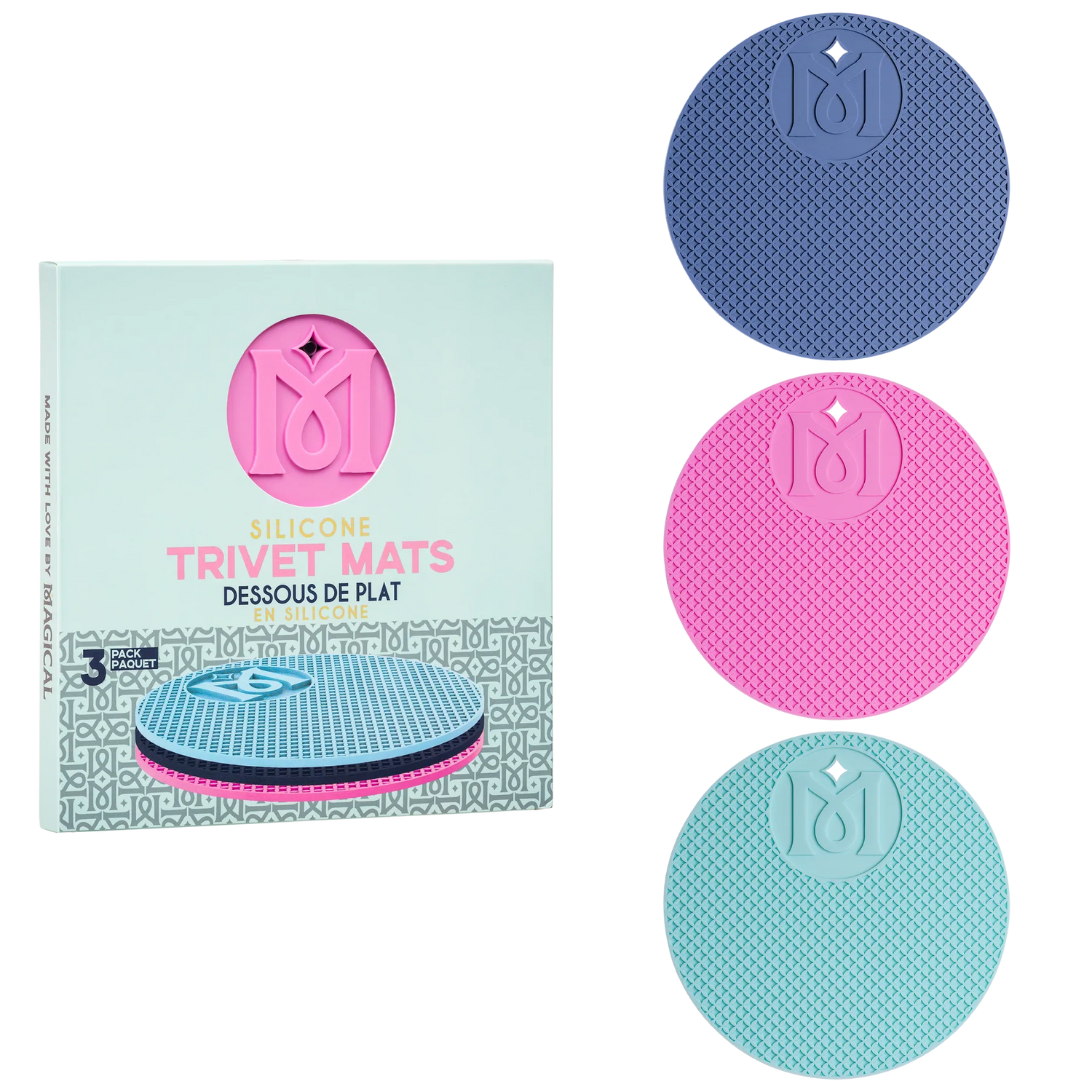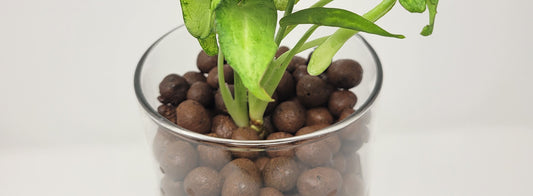Hydro Questions
Hydroponic Questions Answered
This is a basic overview, for more information on hydroponics and indoor gardening, see our blog.
Our chat is always open to answer your questions, or call us at 404-464-8313
1. IS WATER QUALITY IMPORTANT IN HYDROPONICS?
Water quality is important in hydroponics to get the most out of your plants. Hardwater and well water have high amount of minerals that build up and damage plants. Reverse Osmosis or de-chlorinating filters remove impurities from water.
2. WHAT IS HYDROPONICS?
Hydroponic comes from Latin and means working water. It's is a method of growing plants using mineral rich nutrient solutions in water, without soil.
3. WHAT ARE THE BENEFITS TO GROWING HYDROPONICALLY?
Hydroponics has many benefits. Roots are fed directly with specially designed fertilizers so the plants grow bigger, faster. You waste very little water with hydroponics. You can grow anywhere.
4. WHAT IS AEROPONICS?
Aeroponics is a method of growing where plants roots are suspended in air and receive water and nutrients from a spray, fine mist or fog. This method of growing gives rapid growth and above average yields.
5. WHAT IS AQUAPONICS?
Aquaponics is a very sustainable practice of raising fish and using the water the fish live in to feed plants. The fish waste becomes available as food for the plants after it is broken-down by bacteria.
6. WHAT DO I NEED TO START HYDROPONICS?
To start, you will need to a space to set-up your hydroponic system. This could be indoors, a greenhouse, or outdoors. Once the space has been designated, you will need a hydroponic system, hydroponic fertilizers, hydroponic media, a light source, pH and TDS or EC meter, plants and time to devote to the system.
7. HOW IS HYDROPONICS DIFFERENT FROM SOIL GROWING?
Hydroponics is much cleaner than soil. It is uses water and fertilizer more efficient and effectively. Hydroponics gives you faster and larger yields.
8. WHAT DO I USE FOR PLANTING MEDIA IN HYDROPONICS IF THERE IS NO SOIL?
The preferred growing media in hydroponics are clay pebbles (LECA), stone, rockwool, perlite, or coco coir. This can be used stand alone or mixed together in various ways depending on type of plants and type of hydroponic system.
9. ARE THERE PEST PROBLEMS IN HYDROPONICS?
There can be a risk of pest problems with hydroponics, especially if the system is outside or in a greenhouse. If the system is indoors, the risk is greatly reduced. Soil born pests are eliminated because there is no soil used in hydroponics.
10. WHAT DO I USE IF I GET PESTS IN HYDROPONICS?
You can use various products and methods to control pests in hydroponics. Weekly preventative sprays of an organic pesticide are recommended. The use of beneficial insects is encouraged as well. If the pest problem is severe a stronger pesticide may be required.
11. IS HYDROPONICS ORGANIC?
In hydroponics, plants are fed a mineral rich solution that is immediately available for uptake. In organic gardening the fertilizer components require beneficial organisms (bacteria, protozoa, fungi) to convert them into usable forms that the plant can take up as food. These two methods of growing are fundamentally different because of the way that you supply nutrition to the plant. Advances in the way organics are made could soon lead to truly hydro-safe organic nutrients.
12. IS HYDROPONICS SAFE FOR THE ENVIRONMENT?
Hydroponics is a great resource for water conservation. The nutrient solution is reclaimed and recirculated over time so very little is wasted to run-off or lost to evaporation.
13. WHAT ARE THE BENEFITS TO GROWING HYDROPONICALLY?
Hydroponics has many benefits. You feed the plants directly with salt-based fertilizers so the plants grow bigger, faster. You waste very little water with hydroponics. You can grow anywhere.
14. WHAT IS PH?
pH is the measure of how acidic or basic something is. A pH of 7 is neutral and anything under 7 is acidic anything over is basic/alkaline. pH is measured on a scale of 0-14.
15. WHAT IS THE BEST PH FOR MY PLANTS?
The best pH for growing plants hydroponically is slightly acidic, between 5.5-6.5, with the ideal range being 5.7-6.3.
16. HOW DOES PH AFFECT MY PLANTS GROWTH?
pH affects plant growth by making the nutrients available for absorption. Certain nutrients are more readily available at certain pH levels. An incorrect pH level could lead to deficiencies.
17. HOW OFTEN DO I CHECK THE PH LEVEL?
Ideally you will check your pH everyday or multiple times a day. Once you have learned how the system runs you may be able to check the pH less often. It should always be maintained.
18. IS WATER TEMPERATURE IMPORTANT IN HYDROPONICS?
Yes, water temperature is very important. The best water temperature is 60-73 degrees. Anything above or below these numbers may result in root problems or bacterial infections.
19. WHAT DO I USE TO CHECK THE PH LEVEL?
The easiest way is to purchase a digital pH meter. Once calibrated it will give you an accurate digital read out. You can also use pH test strips or a liquid drop test kit. These last two options are much more cost effective in the short-term, but are less accurate.
20. WHAT IS TDS, EC, AND PPM?
Total Dissolved Solids (TDS), Electrical Conductivity (EC) and Parts Per Million (PPM) are different units of measurement. They're used for measuring the strength of your nutrient or fertilizer solution.
21. IS IT BETTER TO USE TDS OR EC TO MEASURE MY NUTRIENT SOLUTION?
EC is a more universal way of measuring and is technically more accurate. PPM is common in the United States and often is an easier form of reading the measurement. TDS meters are usually cheaper than EC, and therefor more accessible.
22. CAN YOU CONVERT READINGS BETWEEN EC AND TDS/PPM?
Yes, but this calculation will be approximate. To obtain the calculation for TDS, multiply the EC reading by 1000 and divide by 2. To obtain EC value, multiply the PPM reading by 2 and divide by 1000.
23. HOW DO YOU CONVERT BETWEEN EC AND TDS AGAIN?
If EC is 1. 1x1000/2 = 500 PPM
If PPM is 500. 500x2/1000 = 1 EC
24. WHAT ARE SOME COMMON PROBLEMS WITH HYDROPONICS?
A few common hydroponics problems are pH balance, nutrient concentration (ppm), improperly set timers, pump failures, and incorrect light height or light intensity. Make sure to always maintain pH between 5.5-6.5 and feed according to feed chart or PPM/EC. Always plug in electrical equipment properly.
25. DO I NEED TO CLEAN MY HYDROPONICS SYSTEM?
You should always keep your system as clean as possible. Always clean system fully after every harvest, and as needed for salt or algae build up.
26. WHAT IS THE BEST THING TO CLEAN MY HYDROPONIC SYSTEM?
The best option for cleaning your system is Hydrogen Peroxide, hot water and soap, or a salt leaching solution. Rinse thoroughly to wash off any residue that may be left behind by cleaning products. Bleach is not recommended as it can be harmful to plants.
27. HOW EXPENSIVE IS A HYDROPONICS SYSTEM?
There are many types and sizes of hydroponics systems. They can range is price from a $22.00 single plant system to several thousand dollars for a more elaborate commercial system. After the initial price of the system the maintenance cost is relatively low.
28. WHAT FERTILIZERS DO I USE IN MY HYDROPONICS SYSTEM?
There are many brands to chose from when it comes to hydroponic fertilizers. The best choice will be something that is synthetic and contains very low salt. This will help keep the system clean and insure the highest quality of your crop.




